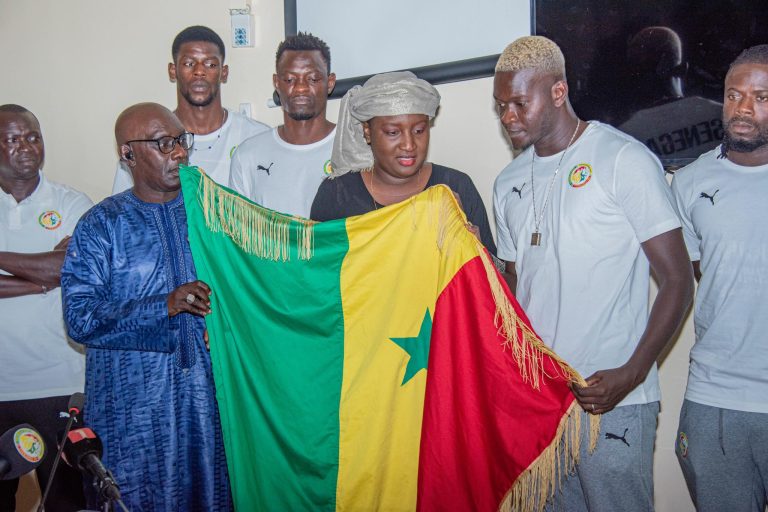Senegal’s Minister of Sports, Khady Diene, has revealed the reasons behind the country’s decision to withdraw from bidding to host the 2029 Africa Cup of Nations (AFCON). Despite the nation’s rich football history and its recent success as 2021 AFCON champions, the West African country has opted out of competing for the right to stage the continent’s most prestigious football tournament.
The announcement, made just days ago, sparked questions among fans and observers, given Senegal’s prominence in African football and the global reputation of its players.
Speaking to the media, Diene outlined the key challenges that prevent Senegal from hosting the 2029 edition of the biannual competition, citing a lack of adequate infrastructure as the primary obstacle.
“Senegal has not been able to organize an African Cup of Nations since 1992, despite our reputation, our technicians, and the players we have in the world,” Diene explained. “We are thinking about it, and if it were up to us, Senegal would apply to organize the 2029 AFCON.”
However, she was quick to temper expectations, acknowledging the realities that the country faces in terms of facilities.
“It’s not a promise, but it’s in our minds. But at the moment, it is not possible,” she clarified.
Diene pointed specifically to the absence of suitable infrastructure, including modern stadiums, as a significant hurdle.
“The cause is lack of infrastructure, including stadiums; we do not yet have the infrastructure to organize an African Cup,” she said.
The minister highlighted that Senegal currently falls short of the standards required by the Confederation of African Football (CAF) to host such a major event.
“We are not yet up to standard,” Diene admitted, adding that the nation must carefully assess “which path to take” to improve its infrastructure in the future.
Senegal last hosted the Africa Cup of Nations in 1992, and despite its rise as a football powerhouse, it has not yet been able to stage the tournament again.
The country has produced world-class football talents like Sadio Mané and Kalidou Koulibaly, and its national team is currently regarded as one of the best on the continent.
Yet, without the necessary infrastructure, a successful bid to host the competition remains out of reach.
For now, Senegal will have to wait before they can entertain the possibility of hosting AFCON once more, but Diene’s comments suggest that the ambition is still there for the future, provided that the country can resolve its infrastructural challenges.












